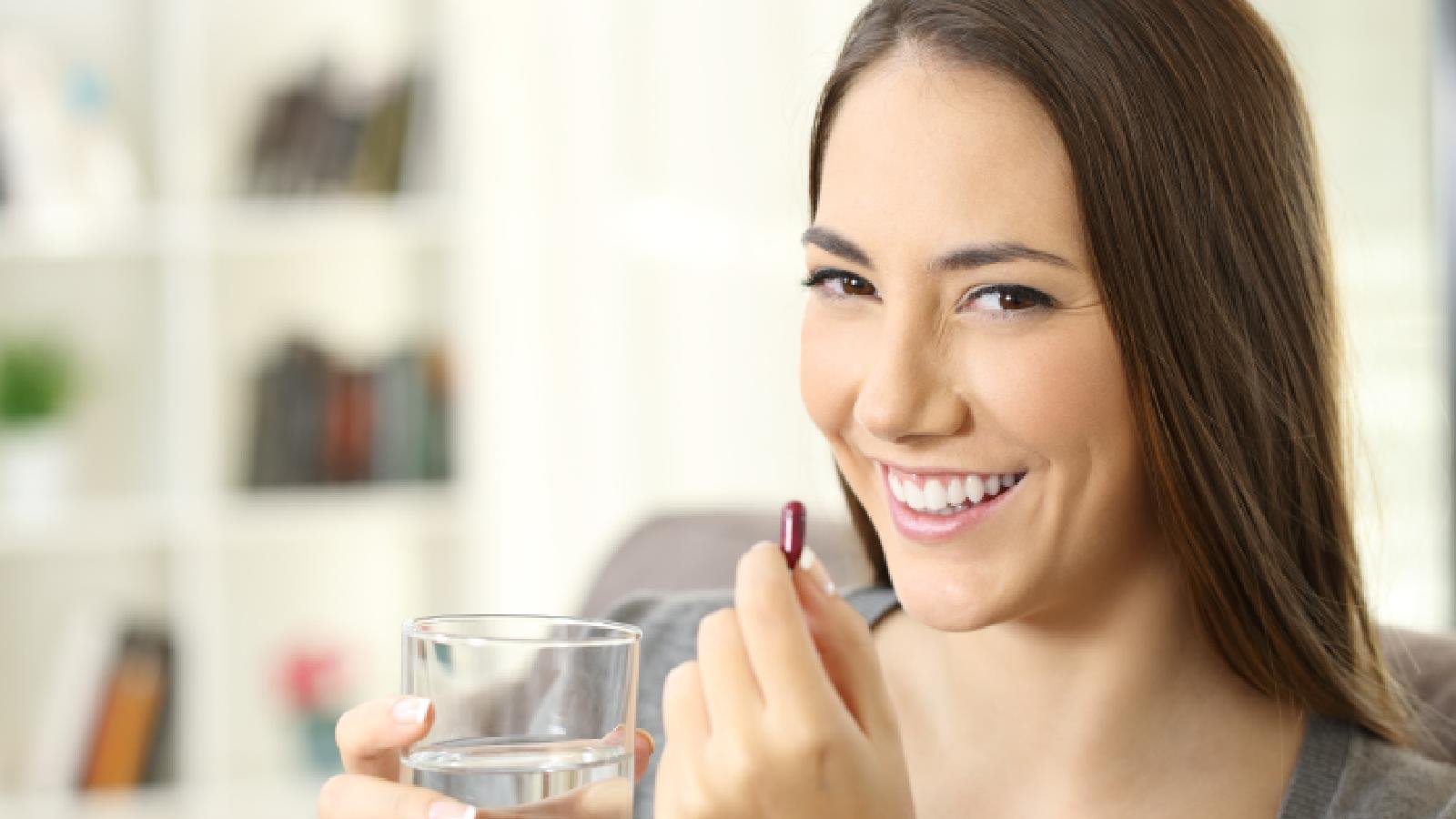[ad_1]
June 23, 2022 – When you think of binge drinking, you probably imagine young college students overdoing it at big weekend bashes: Kegs, shots, loud music, and bad behavior. And indeed, according to a national survey, more than half of college students (53%) reported drinking in the past month, and about 33% engaged in binge drinking.
But, despite college students’ dangerous drinking habits, it’s actually the over-30 crowd that does it most often.
New research published in the American Journal of Preventive Medicine found that most binge drinking occurs among adults 30 and older, with a recent uptick in the 50-plus crowd. While binge drinking is never a healthy practice, its bad effects go up with age.
For the purpose of the study, researchers defined binge drinking as more than five drinks on the same occasion. Nailing down the number of over-30-year-olds who binge drink is difficult because it often occurs among people who drink at what’s known as a moderate average level – defined as an average of not more than one drink a day for women, and two drinks per day for men.
Charles Holahan, PhD, of the University of Texas, co-authored the study and says his team began to research the topic because they realized patterns of drinking were often overlooked.
“This leaves many drinkers mistakenly assuming that a moderate average level of alcohol consumption is safe, regardless of drinking pattern,” he says. “A secondary, but important, concern is that research on binge drinking tends to focus on adolescents and college students. Yet, most binge drinking occurs among adults over 30.”
The nuances can be a bit confusing, but Holahan says that the study helps focus on the fact that moderate average consumption can include a binge pattern of drinking.
“For example, an average moderate drinker of one drink a day might achieve that average by a daily drink with dinner, or a riskier pattern of seven drinks on a Saturday night,” he says.
Brooke Scheller, a doctor of clinical nutrition and a certified nutrition specialist, says those 30-and-older binge drinkers often started their habits at a young age. “They might have begun bingeing at age 15 or 16,” she says, “and carried that behavior right into college and beyond. They’ve often programmed their brains to seek binge drinking in adulthood.”
This seems particularly more common in the millennial generation, she says.
“This is a generation that’s been through a lot of stressors,” Scheller says. “They lived through the 2008 recession, the pandemic, and are somewhat burned out. At the same time, they broke a lot of stigmas in the career world, and the traditional family lifestyle isn’t necessarily their thing. As a result, women picked up heavier drinking alongside men.”
Your Over-30 Body on Bingeing
In your 20s, the bad effects of bingeing get through your body fairly quickly – your body is more resilient. Unfortunately, for men and women bingeing on alcohol well into adulthood, the health impacts can be great. “By this age, their livers might not be functioning as well as they could due to their history of bingeing,” says Scheller. “They may also have a history of poor diet.”
The results can include decreased brain volume, leading to changes in memory, focus, thinking skills, and even impact on the GI system.
“The gut is the center of the body,” says Scheller, “and binge drinking over time leads to persistent inflammation.”
When you drink, your body tends to hit “pause” on systems other than those needed to get rid of the alcohol because it’s a toxic substance. “This can impact the entire body in different ways,” says Scheller. “If you have health concerns of any sort, they will be exacerbated both short- and long-term.”
Holahan says binge drinking differs from more moderate drinking because of the higher blood alcohol concentration it produces.
“This can lead to health and social problems,” he says, including an increase in the chances of getting hurt, plus emotional or psychological problems from alcohol. Over time, it will also take more alcohol to get the same effects.
At the same time, says Holahan, most binge drinkers are not alcoholics. But they are more likely to have health or social problems than their more moderate drinking peers.
While binge drinking differs from alcoholism, identifying you have a problem with it can be tricky.
“Bingeing is often acceptable in social situations, friendships, and work settings,” says Scheller. “But it’s good to ask if alcohol is serving your goals in life. It not, consider if you need to make some changes.”
Examine whether alcohol impacts your work or your mental health in negative ways. Also notice if one drink tends to lead to the next, and if you struggle to shut down the partying.
“Alcohol creates a dopamine reaction and makes us want more,” says Scheller. “If you continue to binge, you can be training your body to that behavior.”
The good news is that today, there’s a growing “sober curious” movement that makes it more socially acceptable to turn down drinks. Bars are more often offering creative “mocktails,” and nonalcoholic beers, wines, and the like have come a long way in the past decade or so.
“There are a lot of people now who are recognizing that maybe alcohol isn’t good for them, so they’re exploring living without,” says Scheller. “Coming to terms with how it might negatively impact your life can be powerful and help you make a change.”
[ad_2]
Source link






